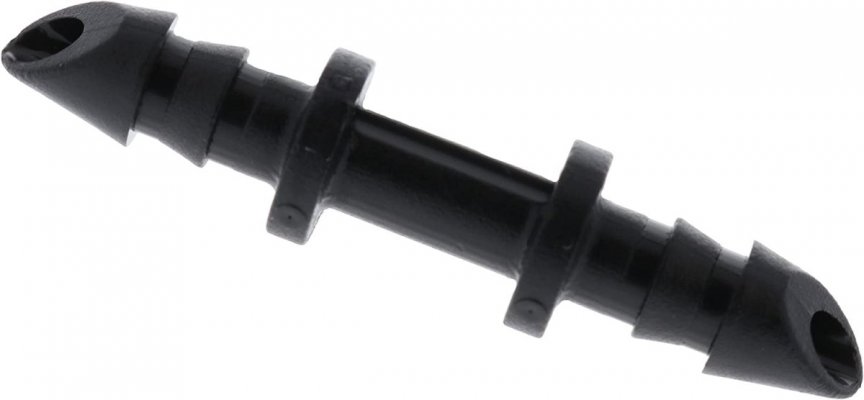Hi,
I have been using the sodium hydroxide high pH three part recipe for 6 months with really fantastic results in both growth and pH maintenance. Recently, I got a new shipment of NaOH (purchased off Amazon from Belle Chemicals, see link below) and made my standard mix (37.5% NaOH + Topic Marin Trace A-) for both of my tanks. My main tank is very well established and about 6 years old, with a second backup tank being 6 months old and flourishing. Within about a week, I noticed patchy areas of bleaching without frank RTN on some but not all corals in my main tank which uses approximately 5 cc of NaOH solution per hour. Subsequently, a few corals began to have significant tissue loss. I have sent off an ICP but that will likely take 10-14 days to get back. Initially the new tank showed no signs of this (dosed at approximately 1 cc/hour) but in the past few days it has as well. I am concerned that I got a contaminated batch of NaOH and am considering switching back to sodium carbonate, at least temporarily. If I do so, is there a one-to-one equivalence of sodium carbonate to sodium hydroxide, or will I just have to see where my alkalinity ends up? Also, do you have another source for sodium hydroxide as I am no longer trusting that which I purchased from Amazon?
Thanks,
Mike
I have been using the sodium hydroxide high pH three part recipe for 6 months with really fantastic results in both growth and pH maintenance. Recently, I got a new shipment of NaOH (purchased off Amazon from Belle Chemicals, see link below) and made my standard mix (37.5% NaOH + Topic Marin Trace A-) for both of my tanks. My main tank is very well established and about 6 years old, with a second backup tank being 6 months old and flourishing. Within about a week, I noticed patchy areas of bleaching without frank RTN on some but not all corals in my main tank which uses approximately 5 cc of NaOH solution per hour. Subsequently, a few corals began to have significant tissue loss. I have sent off an ICP but that will likely take 10-14 days to get back. Initially the new tank showed no signs of this (dosed at approximately 1 cc/hour) but in the past few days it has as well. I am concerned that I got a contaminated batch of NaOH and am considering switching back to sodium carbonate, at least temporarily. If I do so, is there a one-to-one equivalence of sodium carbonate to sodium hydroxide, or will I just have to see where my alkalinity ends up? Also, do you have another source for sodium hydroxide as I am no longer trusting that which I purchased from Amazon?
Thanks,
Mike





















